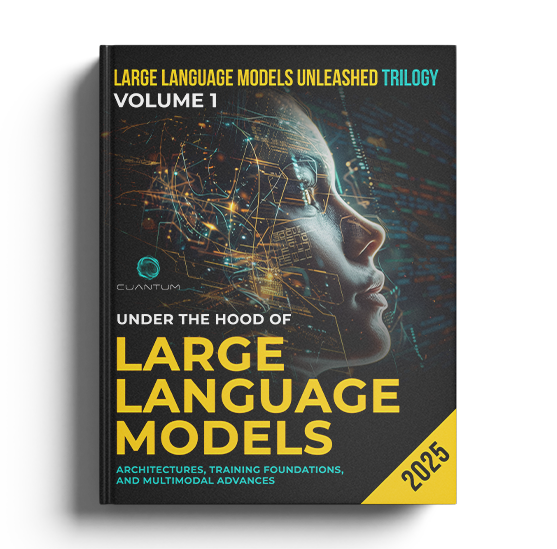Feature engineering is the backbone of effective machine learning. This book begins by establishing a solid foundation, explaining why feature engineering is crucial for developing robust machine learning models. You will learn about different types of features—numerical, categorical, and time-based—and the specific techniques to process these data types effectively using Scikit-Learn.
The early chapters focus on preprocessing techniques such as normalization, scaling, and encoding, which are essential for making your data compatible with machine learning algorithms. You'll explore advanced strategies for handling missing values, reducing dimensionality, and selecting the most influential features that contribute to the predictive power of your models.
Practical case studies are included to demonstrate how these techniques are applied in real-world scenarios, such as finance, healthcare, and e-commerce. Each case study is carefully designed to reinforce the theoretical knowledge by applying it to datasets that mimic the complexities and challenges data scientists face today.
Delving deeper, "Feature Engineering for Modern Machine Learning with Scikit-Learn" explores complex techniques that can dramatically improve the performance of your machine learning models. This section covers interaction features that model complex relationships, polynomial features that capture non-linear effects, and feature selection techniques to identify and remove redundant variables.
You will also learn about automated feature engineering tools that can speed up the model-building process and reduce the risk of human error. The book provides a thorough examination of Scikit-Learn’s utilities for pipeline creation and feature combination, ensuring that you can build reproducible and scalable machine learning workflows.
Through detailed tutorials, you will gain hands-on experience with real datasets, applying these advanced techniques to build models that can forecast, classify, and make intelligent decisions based on large volumes of data.
Beyond technical skills, "Feature Engineering for Modern Machine Learning with Scikit-Learn" emphasizes the critical importance of developing a strategic mindset in feature engineering. This approach enables data scientists to not only create effective features but also to understand their broader impact on model performance and interpretability. The book delves into the art of balancing technical prowess with strategic thinking, teaching readers how to make informed decisions about feature selection and creation that align with overall project goals and business objectives.
The final chapters of the book offer an in-depth exploration of cutting-edge research and emerging trends in feature engineering. This includes a comprehensive look at the rapidly evolving field of automated feature engineering, where artificial intelligence and machine learning techniques are leveraged to discover and optimize features. The book examines various AutoML tools and frameworks, discussing their strengths, limitations, and potential applications in different scenarios. It also addresses the ethical considerations and potential biases that may arise from automated feature engineering processes, encouraging readers to approach these tools with a critical and responsible mindset.












